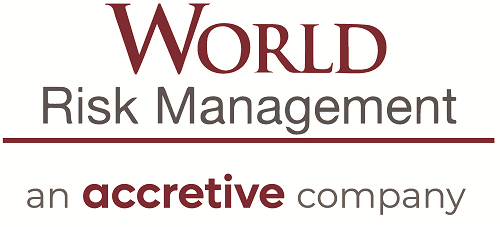Risk managers can develop better risk management programs if they collaborate effectively with other departments, but first, they must win their colleagues’ trust, two risk management professionals said.
By adjusting how they communicate, risk managers can learn more about the concerns of other departments, explain possible solutions to problems and be viewed more as a business partner than a person who deters risk-taking, they said.
While many companies are either underinsured, overinsured or carry the wrong type of insurance, risk managers often feel that they are known as the “department of ‘no’” and that other department heads don’t tell them enough about the risks they face and, therefore, they are hampered in their job, said Liz Walker, director of enterprise risk and global insurance for Groupon Inc.
To solve that problem, she said, risk managers should take more ownership of the situation and ask: “How can I reduce or manage risk if I’m not communicating effectively?”
She was speaking during a session Monday at the Chicagoland Risk Forum, sponsored by the Chicago and Mid-Illinois chapters of the Risk & Insurance Management Society Inc.
“It’s about us. It’s about how we conduct our relationships internally and externally,” Ms. Walker said. Risk managers should generate trust and a sense of partnership with others at their organizations before they approach them about renewals, claims review and other risk management issues, she said.
To encourage trust, risk managers should adopt communications strategies that reflect their goals, such as using risk management to identify opportunities for business units, Ms. Walker said.
Or they can make clear how they can help colleagues through their insurance expertise, said Mary Friedl, insurance and claims manager at Redbox Automated Retail LLC in Oakbrook Terrace, Illinois, who introduces herself to colleagues as “the insurance nerd.”
“They know me now, and they know that if they need the insurance section of a contract reviewed to make sure it’s appropriate, they come to me,” she said.
Once risk managers have articulated how they can help people, they should ensure they are aligned with their organization’s values and strategy, develop and use a common language around those goals and values, and frame conversations with colleagues with those goals in mind, Ms. Walker said.
For example, rather than simply ask for total insured values at renewal times, risk managers should meet with facilities managers to let them know that they are looking to cover all property and equipment and ask about recent purchases and plans for the next year so they know the risk manager is seeking to align the coverage with their plans, she said.
Getting access to operating plans for different lines of business is also valuable for risk managers, she said. “It tells you not just what risks are coming up, but also what keeps your business partners up at night, which is a goldmine for potential opportunity to help them solve their problems,” she said.
Risk managers should also adjust the terms they use to reflect their audience, said Ms. Friedl. “Keep in mind who your audience is and what you want to get across to your audience.”
Risk managers can also use outside service providers, such as brokers, to help communicate with other managers within their organization, Ms. Walker said. For example, brokers offer training services where they come into an organization and talk about specific coverages and other issues that are relevant to various departments, she said.

